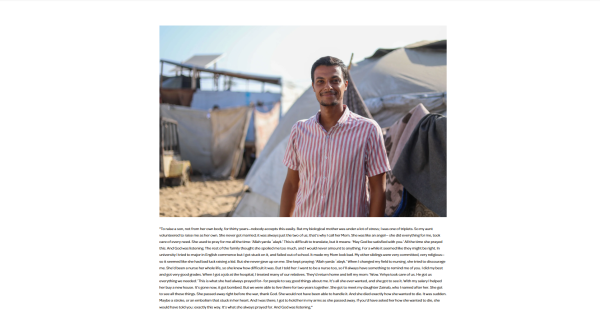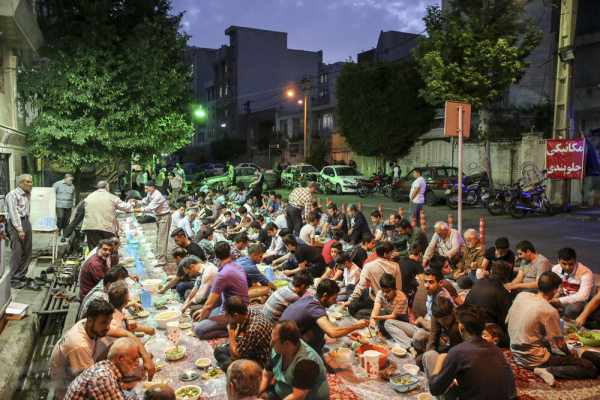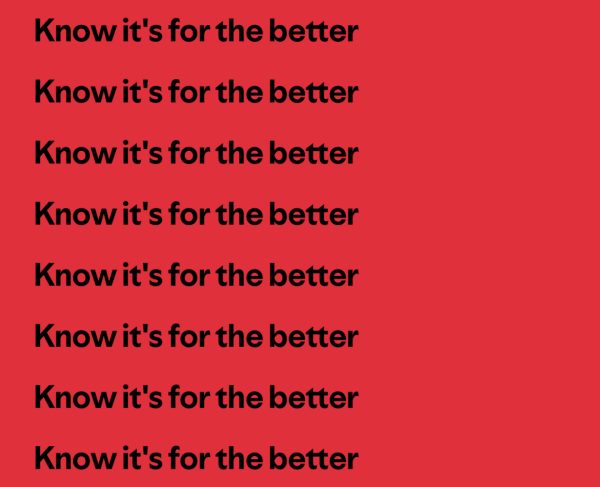Sleep deprivation plagues teenagers
Publications Editor Aleks Lam slumped over his work on a free day, a victim of poor teen sleep
2021 Clark Graduate Sophie Peineke reminisces her high-school years with a grimace rather than with lofty nostalgia. “I remember some nights, I would just reach my absolute limit around, like, midnight on a Wednesday,” Peineke said. One of the things that the college student remembers best was collapsing over math homework in tears.
“For like a good 10 minutes I just cried,” said Peineke, and she wasn’t the only one. Even today, there is a growing epidemic of Clark students overwhelmed by unrelenting school demands, desperately tired and longing for sleep.
Peineke is among a generation of teens growing up chronically sleep-deprived. According to a 2006 National Sleep Foundation poll, more than 87 percent of high school students in the United States get far less than the recommended eight to ten hours, and the amount of time they sleep is decreasing — a serious threat to their health, safety and academic success. This figure has only worsened over the years.
The problems start as early as sophomore year. Some sophomores taking AP World History state that they only get between four to six hours of sleep a night. “I’m not trying to be hyperbolic, some Clarkies genuinely get no sleep some nights,” said Peineke. These figures are well below the recommended eight hours of sleep per night that teenagers should be getting.
Social and cultural pressures are put on the shoulders of Clark students to bear; however, it would seem that in order to live up to the high-achieving expectations of their family, school and peers, students are sacrificing their sleep and health.
Sophomore Natalie Sabounjian stays up very late some nights in order to prepare for some of her most grueling classes. “AP World History is not at all easy,” Sabounjian said, “it depends on the night but when I have a test for AP World I’ll end up studying really late in order to do well, but then I do worse since I didn’t get enough sleep.” The pressure to perform has harmed students in irreparable ways, as these bad sleep habits can lead to increasing their risk of depression, anxiety, and low self-esteem.
Clark students have actually caught on to this terrible state of health at the school and created an Instagram page centered on pictures of students sleeping in class. Although comical at first glance, the account only confirms the fact that Clark students are not getting enough sleep.
As a result of falling asleep, those students will inevitably be left further behind, forced to stay up late for another night in order to catch up. “From experience, I can confirm that it’s a really toxic cycle,” Peineke said. Education has become less important than being able to balance—literally—staying alive and being able to prepare for the next big test.
It’s difficult for students to do their work, and even graduate students like Peineke feel that it is unfair to expect students to be able to achieve so high while also maintaining a stable sleep schedule. “It’s just not possible sometimes,” Peineke said. “From the moment you get home to the next day at school there is just not enough time in someone’s day for three or more hours of homework and good sleep.” Students are caught between a rock and a hard place, and depending on what they find more valuable, students will always be sacrificing either their grades or their sleep.
The question remains: what can students do to be well rested? According to Peineke, “Communicating with teachers about my personal health is what powered me through my senior year.” When deadlines align on unfortunate days, it could be in a student’s best interest to request a teacher for an extension or even talk to the teacher about the homework load for the class.
“Teachers are people too and they get that life can be hard and things can get in the way of school,” Peineke said. “Most of the time, my teachers were very understanding with the stress that school caused me and didn’t hesitate to lend a helping hand.”
Experts suggest getting into a regular sleeping schedule, as this will help your body get accustomed to a more demanding schedule. Doctors also note blue light emitted by your phone, tablet, computer, or TV is especially disruptive to the human brain and suggest limiting use of these devices before going to sleep.
Ultimately, planning ahead, minimizing distractions, and procrastinating less can drastically improve the amount of sleep you get. “When you have time to actually process how much work you have, it gives you a better idea of how to budget your time,” Peineke said. Heavy workloads aren’t always to blame—although Clark students would rather not admit it, sometimes schedule issues are self-inflicted. Practicing self-control and holding yourself accountable for your responsibilities is the best way to take control of not only your learning but your sleep schedule as well.
Peineke leaves current students with this final thought: “Your health is massively important, even more so than your grades. If you need help, don’t be afraid to reach out and ask for it. Your wellbeing matters and good grades start with good frikin’ sleep.”













